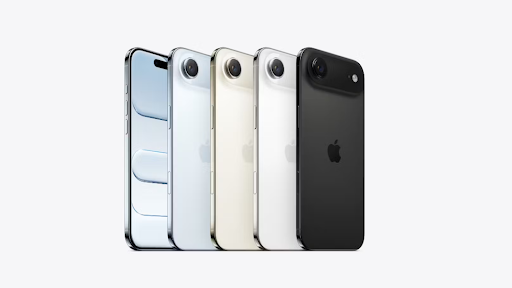With the launch of the 5.6mm iPhone Air, Apple is directly confronting the perception that ultra-thin electronics are inherently fragile. The company’s solution and key marketing point is its use of “spacecraft titanium,” a material choice that promises to make the iPhone Air the toughest thin phone ever built.
The term “spacecraft titanium” is evocative, designed to convey extreme strength and resilience. By using this material for the phone’s chassis, Apple aims to provide the structural rigidity needed to protect the large 6.5-inch display and internal components, even in such a slender frame. Executives at the launch event repeatedly stressed its durability and crack-resistance.
This is a calculated engineering and marketing bet. Apple understands that consumers will be wary of a device this thin. By proactively addressing these concerns with a premium and robust material, the company hopes to build confidence and justify the $999 price tag.
The success of the iPhone Air will partly ride on whether this promise of durability holds up in the real world. If it proves to be as tough as Apple claims, it could set a new standard in smartphone manufacturing, proving that it’s possible to achieve extreme thinness without the traditional trade-off in strength.

